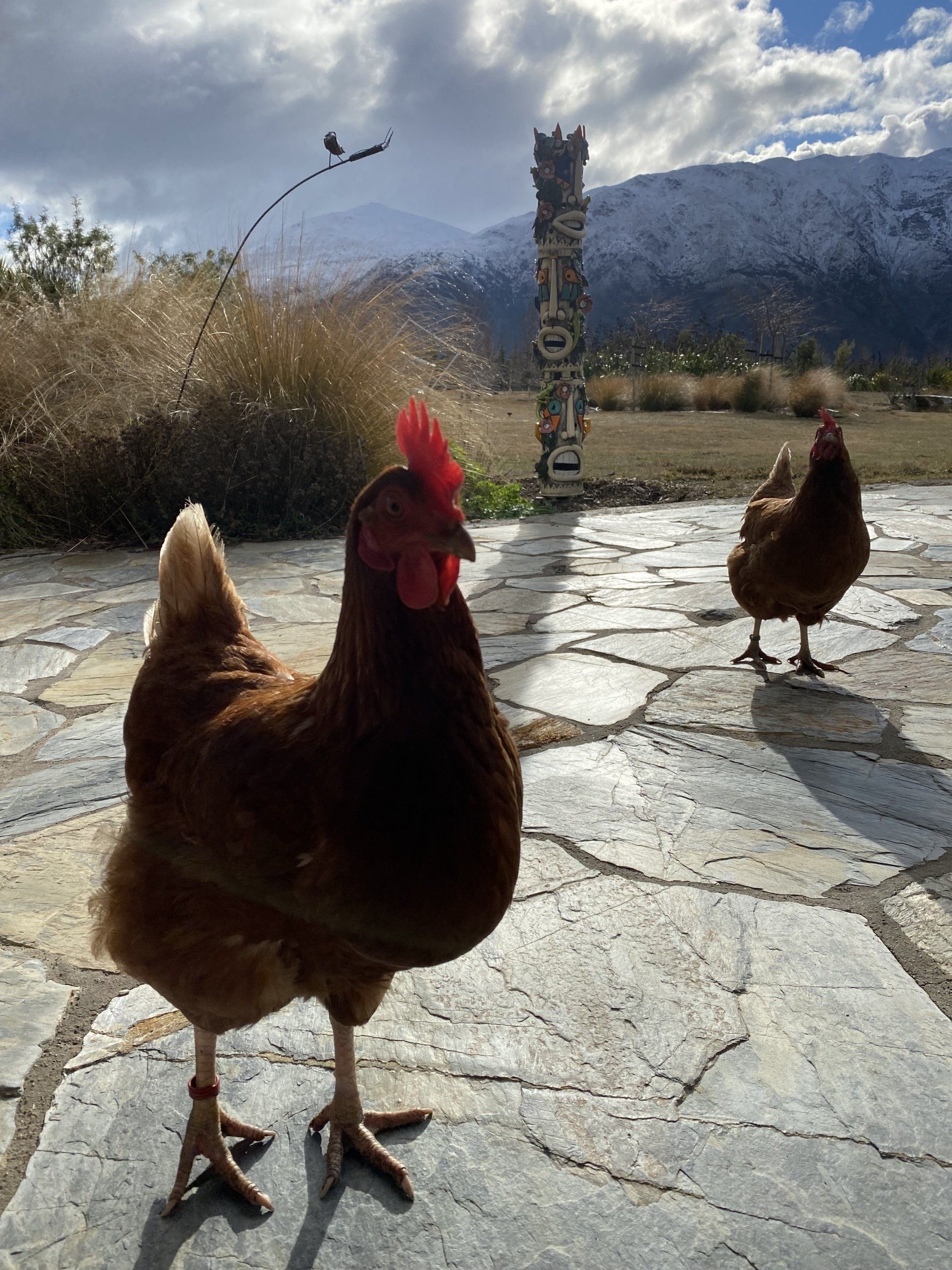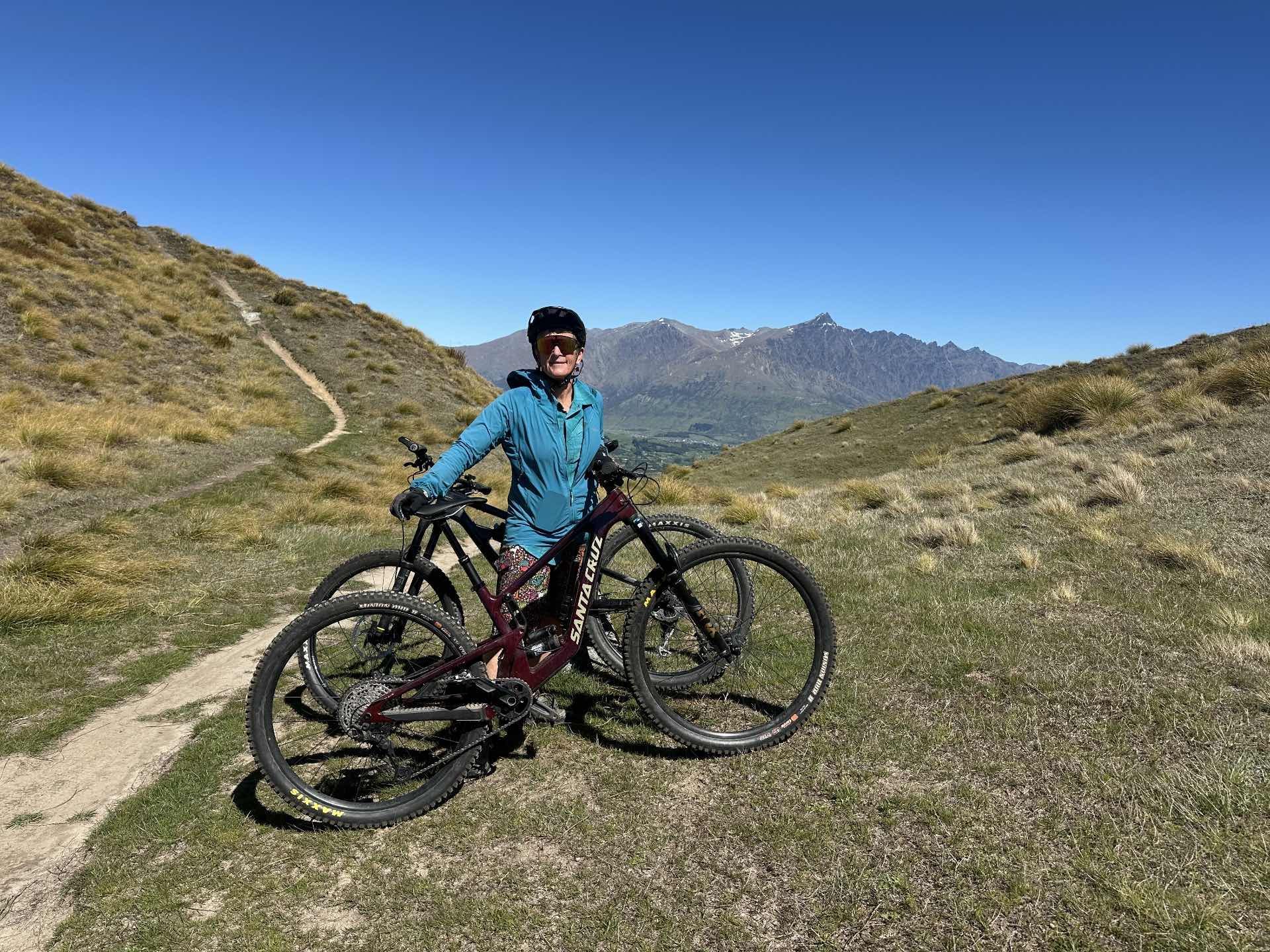Productivity

I found myself fuming today when I read about the Ministry for Business, Innovation Employment (MBIE) being a ‘telly offy’, in regard to people using software innovations to book slots in Managed Isolation Facilities (MIQ). A ‘telly offy’ (as defined by our household early in COVID times) is someone who comes from a rules-based perspective and tells others what they should be doing, without thinking as to whether those actions make sense or don’t make sense, beyond the rules. Isn’t it funny how ‘MIQ’ is now a household acronym…a year ago we were just learning how an MIQ system would work for our country and two years ago it was unthinkable that one might have to quarantine for 2 weeks in a monitored facility before entering New Zealand.
So, MBIE says that people shouldn’t use software assistance to book the limited slots available in MIQ. If you listen to media reports, there seems to be periods of time when there are too many MIQ slots for the demand, and other times when there are too few, with little differentiation inbetween. This is somewhat hard to believe and confusing, but is beside my point today. The MIQ slots are made available online for people to book. They are dribbled out day by day, not even at any particular hour. One option, if you don’t have a job, is to sit on the computer all day long, refreshing the MIQ webpage, to watch for a slot opening up at the time that you want to come to New Zealand. This is fine if you don’t have anything else to do with your life like, for example, earn a living. Or look after your children, or get some exercise, or…most of the things we might like to do with our lives other than refreshing web pages.
In MIQ bookings, as in much of life, where there is a need, there is an entrepreneur. This is what the government wants, isn’t it? MBIE is the Ministry of Business, Innovation and Employment, right? Rather than sit online themselves, some people are accessing internationally-provided services where people sit on line for you doing the screen refresh thing and grabbing a slot for you. This means someone earns income to do the thing that you don’t want to do, a normal part of the economy; but it is a rather low wage activity. I haven’t heard MBIE make a statement about paying other people to do something tedious and low paid, rather than having to do it for yourself. Presumably that’s all OK.
An alternative route to scoring an MIQ slot has been writing computer script that can do the online refresh, fill in your basic details, and then alert you. Once you are alerted you can do the check for traffic lights in boxes to prove you are not a robot, and then click the ‘book’ button. Perfect, you can farm out the low skilled activity to a piece of code and then do the critical step yourself. However, “NO” says MBIE. “You are badly behaved. You are disadvantaging those who can’t write code or apply code someone else has written for them.” I would have thought that the preferred MBIE mechanism sitting at the computer hitting the refresh button seriously disadvantages people who need to earn money. However, MBIE doesn’t seem to have a view on this aspect of the problem, either.
Worse, MBIE appears uninterested in entrepreneurial initiative or use of skills to increase productivity – people doing something more useful than hitting a screen refresh button. One could see this MIQ example as a good opportunity for MBIE to facilitate increasing New Zealanders’ coding skills; let’s take the best of us as an example to follow. MBIE’s own productivity might also be enhanced if they used skilled coders to create an MIQ system that doesn’t impact so massively on people’s productivity. Instead, MBIE sends the message, we don’t want to disadvantage low skilled people, so just back off on using your advanced skills (don’t be a tall poppy); being unskilled and unproductive is behaving ‘properly’.
No wonder New Zealand has a well-documented, productivity problem. Our output per hour worked is about 40% lower than the OECD median. That means we collectively have to work more hours to achieve a given standard of living compared with many other countries. Another way of thinking about productivity, is that the higher productivity a job is, the more you can afford to pay someone to do it. That New Zealand is a low productivity country isn’t very surprising, when you think about it. What does the New Zealand economy focus on? We have hugely focused on tourism, a low wage and low productivity part of the work ecosystem. We have focused on the primary sector, another part of the economy where people spend a lot of hours to produce relatively little output and receive low wages.
Of course, the correlation does not work in reverse; if someone is paid poorly it does not mean they have low productivity. Indeed, fair wage levels are a whole other area of current debate. There are plenty of complaints by businesses that there are insufficient people wanting to work in the service industries, such as restaurants. If the suggestion is made that people need to be paid more to work in restaurants, the response is that the businesses can’t afford to pay more. If this is true, perhaps hospitality is an industry where the model needs rethinking. COVID has cut off our supply of immigrants who are prepared to work in low productivity jobs for little money; maybe restaurants need to charge enough to pay their staff fair wages. If businesses can’t pay reasonable wages, that suggests the business is so low productivity that it should not be in operation (as opposed to requiring a government subsidy, as suggested on radio by some business owners)?.
As part of solving New Zealand’s productivity problem, the government passed the Productivity Commission Act in 2010 and established the Productivity Commission. This could be a poor joke – to increase productivity, create another bureaucratic organisation. I tried communicating with one of the Board Members via a FB discussion he was engaged in. I provided my ongoing suggestion – that New Zealand could increase productivity massively by teaching children to touch type. The amount of time wasted by people being slow on the keyboard is quite phenomenal – just watch the productivity of someone who can touch type vs someone who can’t, doing any job that requires keyboard input. If we think mathematically, if one can type at twice the speed then there is the opportunity to be twice as productive. Touch typing also has a massive influence on people’s communication capabilities – both the amount and style of online communication they are capable of. Geoff Simmons of the Productivity Commission didn’t bother to reply, presumably it is an area where they feel they more research isn’t necessary. I would agree, action would be much more useful than research; it is unfortunate that the role of the Productivity Commission appears to simply be investigation and advice, rather than doing anything.
Another way of raising productivity I would love to see the government consider seriously is the four day working work. Perpetual Guardian is about to implement a four day working week for everyone who wants to opt in (in November 2021 following a trial from 2018), and say they are not looking back. They reported strikingly increased productivity together with worker happiness. Interestingly, in 2020 o ur prime minister suggested a four day working week as an innovative response to workforce changes and needs. At the time, people were losing jobs while others were having to work too hard, tourism businesses needed NZers to take time out, and a four day working week could have been a possible solution for multiple problems. I have waited since, hoping this would be something the government would broadly pick up on but assumed the PM floated the idea and it died in a political ditch somewhere. I hadn’t seen the 4 day week referred to again in NZ until this week’s media picking up on the Perpetual Guardian announcement . Change doesn’t happen fast and the same message must be heard multiple times from multiple sources – there remains hope that parts of NZ can try this approach.
In conclusion, if our government really wants a more productive country as part of improved wellbeing for all, we first need consistency in our messaging. To achieve that, we need consistency, depth and innovation in our thinking and, most desperately, we need some doing (and no more bureaucratic entities…hear that Jacinda?).






